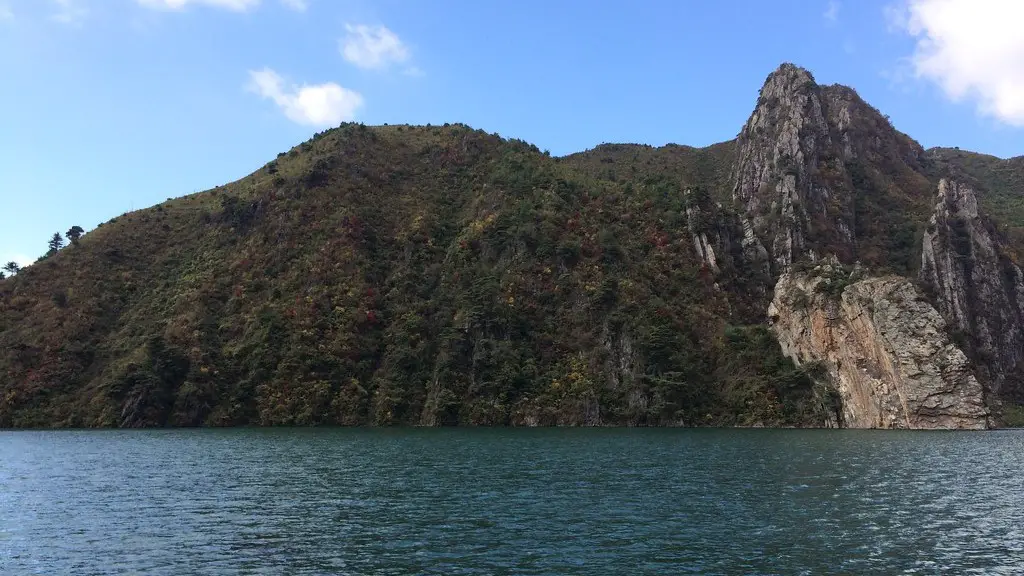Overview of Trading with North Korea
North Korea is one of the most isolated countries in the world, and its government rarely engages in international trade. It is a hermit kingdom shrouded in mystery, with a UN-mandated trade embargo that makes trades with the country difficult and time-consuming. In recent years, some trading activity involving North Korea has been reported, though it remains very low. This article will explore the types of trades that do take place, the benefits and risks they involve, and different perspectives on the issue.
Nature and type of trades with North Korea
The primary types of trade reported between North Korea and other countries involve oil, materials, food and drugs. In some cases, countries may also exchange goods like cars, electronics and other manufactured items. Trade between North Korea and its surrounding countries is typically made up of transactions conducted through intermediaries, and is often focused on low-level necessities rather than higher-value items.
In recent years, a significant portion of North Korea’s imports have come from its neighbor China. Beijing is reported to have exported roughly $2.58 billion worth of goods to North Korea in 2019, making it the largest trade partner for the reclusive nation. However, despite the high volume of trade between the two countries, the majority of items sent to North Korea still fall into the categories of food, materials, and medicines.
Benefits and risks of trading with North Korea
Trading with North Korea presents potential benefits and risks for other countries. While there may be some small economic gains to be made in engaging in these types of transactions, the risks far outweigh potential rewards. For one, the UN-mandated trade embargo prohibits some countries from entering into any form of trade with the North Korean government. Additionally, most of the trades conducted with North Korea are done with the use of intermediaries and in secrecy, making it difficult to track and control the flow of money and goods.
More importantly, many of the transactions that take place with North Korea involve items directly related to the country’s nuclear weapons program. As such, trading with the country could be seen as indirectly endorsing its nuclear ambitions, which could be dangerous for the security of the region.
Experts’ perspective on trading with North Korea
Experts in international trade have largely been critical of trading with North Korea. Many believe that while trade can be beneficial in other regions of the world, engaging North Korea in exchange is simply too risky to consider.
One expert, Mr. Henry Reich, director of the Global Trade Center at the University of Virginia, argues that under no circumstances should a country consider trading with North Korea. He states that “North Korea is an unpredictable and potentially dangerous country, and any thought of trading with them should be weighed carefully before proceeding.”
In contrast, another expert, Mr. Nathan Lok, professor of international trade at Columbia University, believes that there is a way to engage in economic transactions with North Korea that could provide mutual benefits to both countries. He argues that if the transactions were carefully monitored and regulated, they could help North Korea open up to the world and reduce the risks of conflict.
The North Korean economy
The North Korean economy is largely closed off to the world. It is largely isolated from other countries and relies heavily on domestic production. The country has a centrally planned economy and its main sources of income come from exporting oil, coal and other minerals. Despite the country’s attempts to become more economically self-sufficient, the country has been struggling to keep up with its economic development goals due to a lack of access to international markets and trade partners.
Conclusion
Trading with North Korea can be a risky proposition for countries due to the UN-mandated trade embargo and the country’s unpredictability. However, some experts believe that engaging in economic transactions with North Korea could be beneficial if done in a regulated and monitored way. Ultimately, the decision to trade with North Korea should be considered carefully before proceeding.

